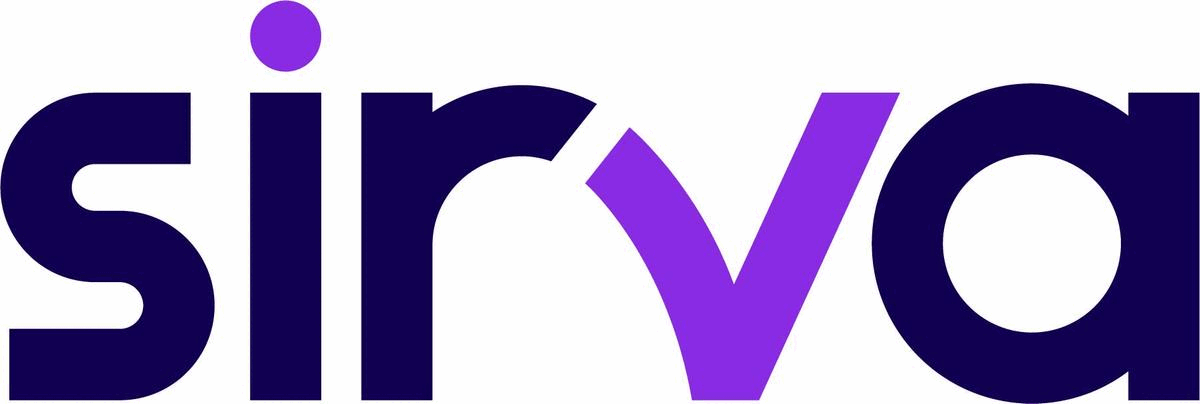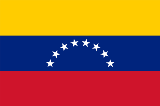
Customs Information
Venezuela - All
DOCUMENTS REQUIRED
- Passport showing recent entry stamp of Venezuelan immigration officer
- Detailed inventory with packed by owner (PBO) contents listed
- Certificate of use, duly stamped by Venezuelan Consulate at origin (returning citizens / foreigners holding a resident visa)
- Letter of employment
- Original bill of lading (OBL) / air waybill (AWB) (diplomats need 2 copies)
- Copies of purchase invoices for all new items in the shipment
- Copy of the owner of the goods’ Fiscal Information Registry (RIF) document
- Diplomatic franchise (diplomats)
- Detailed inventory (diplomats)
- Sanitation permit (if alcohol or food items are contained in the shipment)
SPECIFIC INFORMATION:
- The RIF is required for both import and export shipments.
- Venezuelan citizens and foreigners must arrive prior to the shipment arrival to avoid any potential issues, however, Venezuelan citizens and foreigners who hold a resident visa are eligible to apply for the certificate of use.
- All owners of the goods pay import duties and taxes, except diplomats; however, importation is free of duties and taxes for returning Venezuelan citizens and returning foreigners holding a resident visa if the following requirements are met:
- The owner of the goods has obtained a stamped certificate of use at the Venezuelan Consulate in origin country.
- If a certificate of use is not presented to Customs, the shipment will be subject to payment of duties.
- Certificates cannot be obtained locally.
- If the Customs official is satisfied that the contents are used household goods.
- The Customs officer and the National Guard inspect most shipments.
- Duties range from 5% to 20% of the customs, insurance, and freight value.
- Import tax is 1% of the cost, insurance, and freight (CIF) value.
- VAT is 16% of the sum of the customs, insurance, and freight (CIF) value, duties and taxes.
- Non-residents with a “TRANSEUNTE VISA3” (businesses, investors, students, workers, etc.) are eligible to obtain the certificate of use at a Venezuelan Consulate or Embassy located in the origin country to avoid payment of import duties and taxes.
- The household goods and personnel effects must have been used for at least 6 months and show signs of use.
- The diplomatic franchise must be produced by the Embassy prior to Customs clearance.
- Storage charges and high container demurrage fees may be incurred during the process to obtain the diplomatic franchise.
- Documented antiques may incur high duties when shipped separately.
- All imports and exports containing wooden crates, liftvans, must have a seal certifying treatment by methyl bromide (MB) or heat treatment (HT).
- This does not apply to paper products.
- Any imports coming into the country without the certification will be returned to the country of origin.
- Values should not be declared on the shipping documents or on the certificate of use stamped by the Venezuelan Consulate at origin.
MOTOR VEHICLES
- ONLY VENEZUELANS OR RETURNING RESIDENTS CAN BRING USED AUTOS INTO VENEZUELA after living abroad for at least 1 year and after having purchased the car at least 11 months in advance of import to Venezuela.
- Foreigners who hold a resident visa and Venezuelan citizens may only apply for a certificate of use if the car has been under the owner of the goods’ name for at least 11 months.
- The Customs Office determines the value of the vehicle; the value for Customs purposes is not necessarily the value indicated on the original invoice.
- It is recommended that the owner of the goods determine the value of the car at the Tax Office in Caracas before shipping the vehicle.
- The Tax Office will assign:
- A present day value to the car
- The value when it was brand new
- A used vehicle imported duty free by a non-diplomat cannot be sold for a period of 3 years.
- A vehicle can be shipped to Venezuela only after a temporary import permit for new or used vehicles is granted.
- The temporary import permit is valid for 6 months.
- A request may be filed with Customs to extend the permit for one additional 6-month period, after which the car must be exported.
- Before shipping a car under a temporary import permit to Venezuela (2000 models or over), the owner of the goods must present the COVENIN and SENORCA permits to Customs, otherwise clearance will be delayed and the car may be confiscated; the permits are to be obtained in Venezuela prior to arrival of the vehicle (non-diplomats).
- The import tax is1% of the CIF value for new and used vehicles imported under a temporary import permit.
- To release a new or used vehicle from Customs under a temporary import permit, a bond may be posted through a local insurance company or a deposit may be made for the value of the duties.
- Only if the value of a new car (no recorded mileage) was over USD $20,000, duties will be 35% of the customs, insurance, and freight value based on the present day value as dictated by the Tax Office (Seniat).
- The value added tax (VAT) is 16% of the sum of the CIF value, duties and taxes.
- If importing a motorcycle, the duties are 20% of the CIF value, the import tax is 1% of the CIF value, and VAT is 16% of the customs, insurance, and freight value, plus duties and taxes.
- The certificate of use issued by the Venezuelan Consulate at origin for returning citizens or residents is not valid for the import of motorcycles.
Documents required:
- Passport
- OBL / AWB (2 copies)
- Original purchase invoice
- Diplomatic franchise (diplomats)
- Original registration / title (non-diplomats importing used vehicles)
- Original certificate of use duly stamped by a Venezuelan Consulate at origin (non-diplomats importing used vehicles)
- RIF document (non-diplomats importing used vehicles)
- Application to Customs Office requesting a temporary import permit (if using a temporary import permit for new and used vehicles)
PETS
- Subject to quarantine
- Non-domestic pets require a Government License and Permit from the Department of Agriculture
- The vaccination record for dogs must prove vaccination against canine distemper, hepatitis, parvovirosis, and leptospirosis.
Documents required:
- Proof of Inoculation
- Veterinary Health Certificate
- Owner's Passport
- Customs Form
- Vaccination record
OTHER INFORMATION
- Strikes and delays with customs are frequent.
- Theft is common so airfreight shipments should be sent in secure wood crates.
- A copy of the original bill of lading must reach the destination agent three working days before the arrival of the vessel so that the containers may be transferred from the docks to a private bonded warehouse for customs inspection at no extra cost to the shipper or the carrier.
DUTIABLE/RESTRICTED ITEMS
- New items are dutiable – invoices required
- Only one of each type of electrical appliance allowed
- Paper products such as paper towels, laundry, bathroom and kitchen supplies
- The following items may qualify for free import if within the limits indicated:
- Cigarettes (200) and cigars (25)
- Perfume (4 small bottles)
- Alcohol (2 L or one case per sea shipment container and a sanitation permit is required; items are subject to confiscation)
PROHIBITED ITEMS
- All firearms and weapons (even if only ornamental) require a special license
- Ammunition
- Narcotics and drugs
- Inflammable chemical products, fungicides, fertilizers, etc.
- Pornographic materials
- Foodstuff
- New furniture